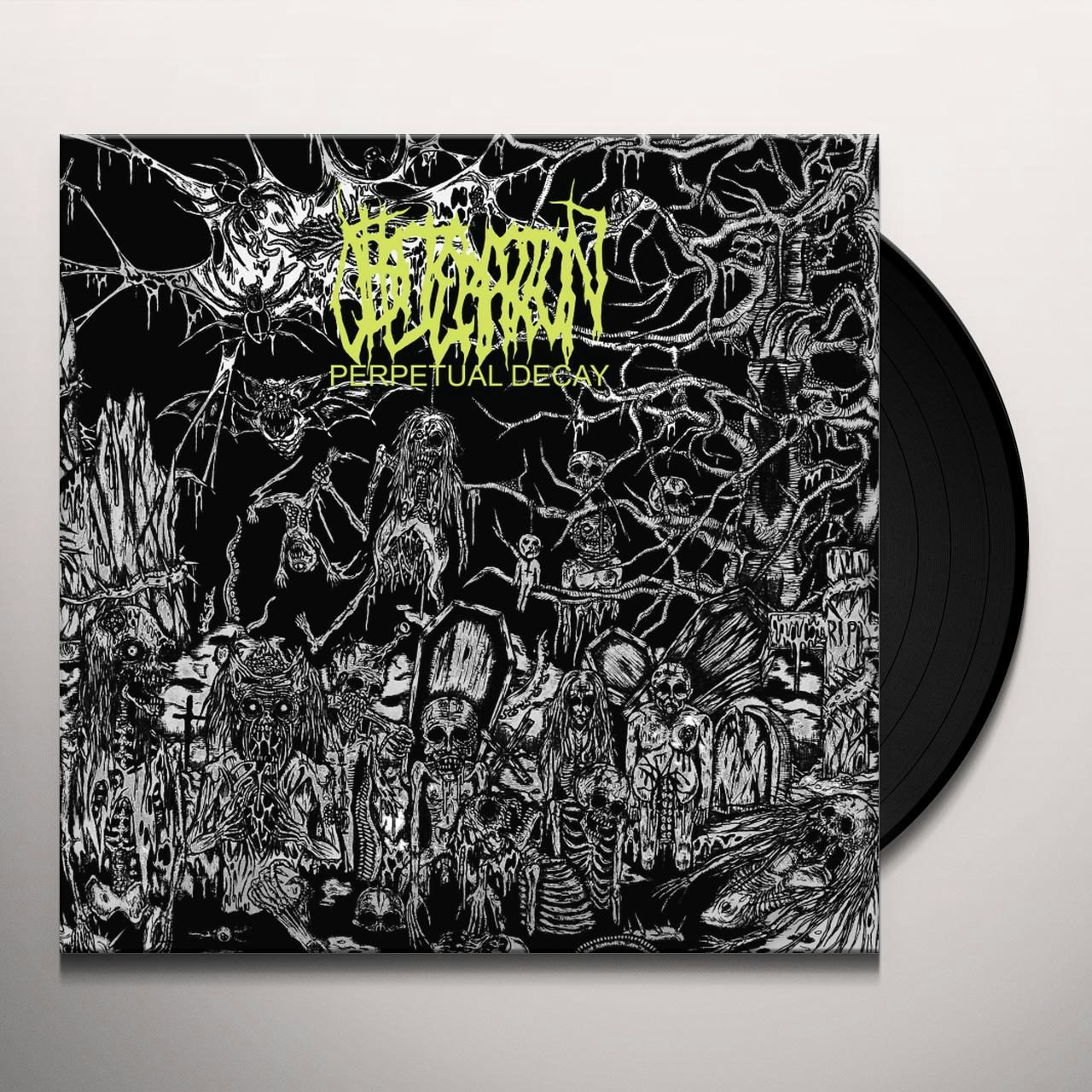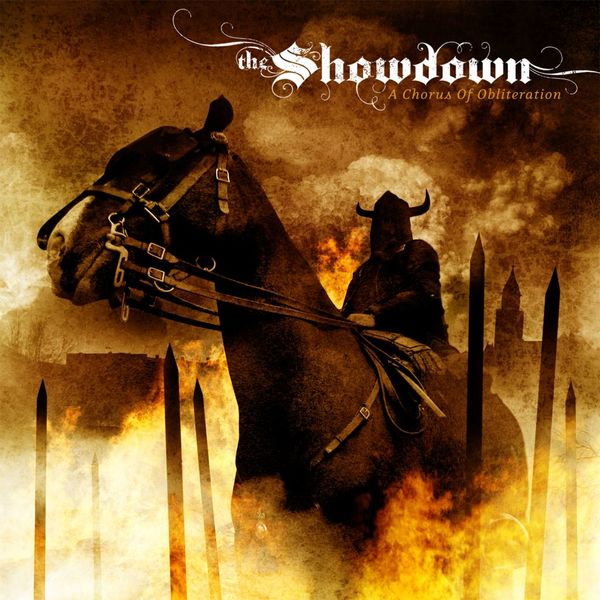
They speak of life’s injustice and the inevitability of loss: The ruins remind Tarafa of the cruelty of fate and the indiscriminate passing of time. He sees her traces everywhere in the debris, even in the dust of the earth: Once he reaches the ruins of the campsite, the poet remembers a lost love. The 'appearance' of the ruins carries the same sense as an apparition: dreamlike and strange, lingering on the horizon. Imitating al-Qais, Tarafa’s poem opens with ruins appearing on the horizon like an apparition:Īppear and fade, like the trace of a tattoo See its glittering, like the flash of two moving hands, amid the thick gathering clouds.Īnother great master of poetry was Tarafa, a near-contemporary of al-Qais whose poem was also included in the collection of the Mu’allaqat.

After reminiscing about his beloved, al-Qais’s character is brought back to the present by a flash of lightning:īut come, my friends, as we stand here mourning, do you see the lightning? The landscape comes to represent loss and longing, a container for memory. The word wuquf that gives the trope its name holds the double meaning of 'standing' and 'stopping', so this portion of the poem usually forms a moment of stillness and meditation, outside of time. The dung of the wild deer lies there thick as the seeds of pepper. The courtyards and enclosures of the old home have become desolate The traces of her encampment are not wholly obliterated even now. He opens by describing the desolate place, broken and overgrown by nature: In his contribution to the Mu'allaqat, al-Qais describes a character stopping for a time at the ruins of a campsite and remembering his beloved in the ruins. Legend has it that one of his poems was later written in gold and included in the Mu'allaqat (the Hanging Poems), seven pieces of poetry supposedly suspended from the Kaaba at Mecca, Islam’s holiest shrine.

He spent much of his life banished from his kingdom, ostensibly due to his excessive love of poetry, and during his exile he wandered the lands of Arabia and wrote poetry. Al-Qais was the last king of the kingdom of Kindah, and is often hailed as the father of Arabic poetry. It’s thought that its originator was the 6th Century poet-king Imru’ al-Qais.

The motif of the atlal (‘ruins’) originates in the pre-Islamic period, among the so-called Jahili (‘agnostic’ or Pre-Islamic) poets. It is known as wuquf 'ala al-atlal, or ‘stopping by the ruins’, and today, it has found new life in the work of a generation of artists reacting to the loss of war and state violence across the Middle East. For centuries, it appeared and reappeared throughout Arabic poetry, and became one of the primary poetic tropes of the Pre-Islamic period and the early days of Islam. This also includes Planechase and Commander format legal cards that are used in their respective format.This scene is a famous one. These are various special releases that feature selected highlights throughout Magic's history. Adventures in the Forgotten Realms Strixhaven: School of Mages Kaldheim Zendikar Rising Ikoria: Lair of Behemoths Theros Beyond Death Throne of Eldraine War of the Spark Ravnica Allegiance Guilds of Ravnica Dominaria Ixalan.Modern Horizons 2 Modern Horizons Modern Masters 2017 Modern Masters 2015 Modern Masters Core Set 2021 Core Set 2020 Core Set 2019 Magic Origins Magic 2015 Magic 2014 Magic 2013 Magic 2012 Magic 2011 Magic 2010 Tenth Edition Ninth Edition Eighth Edition.Modern allows cards from the 8th Edition core set and all expansions printed afterwards. Modern was created by Wizards of the Coast in the Spring of 2011 as a response to the increasing popularity of the Legacy format, which although popular proved difficult to access due to the high price of staple cards.


 0 kommentar(er)
0 kommentar(er)
